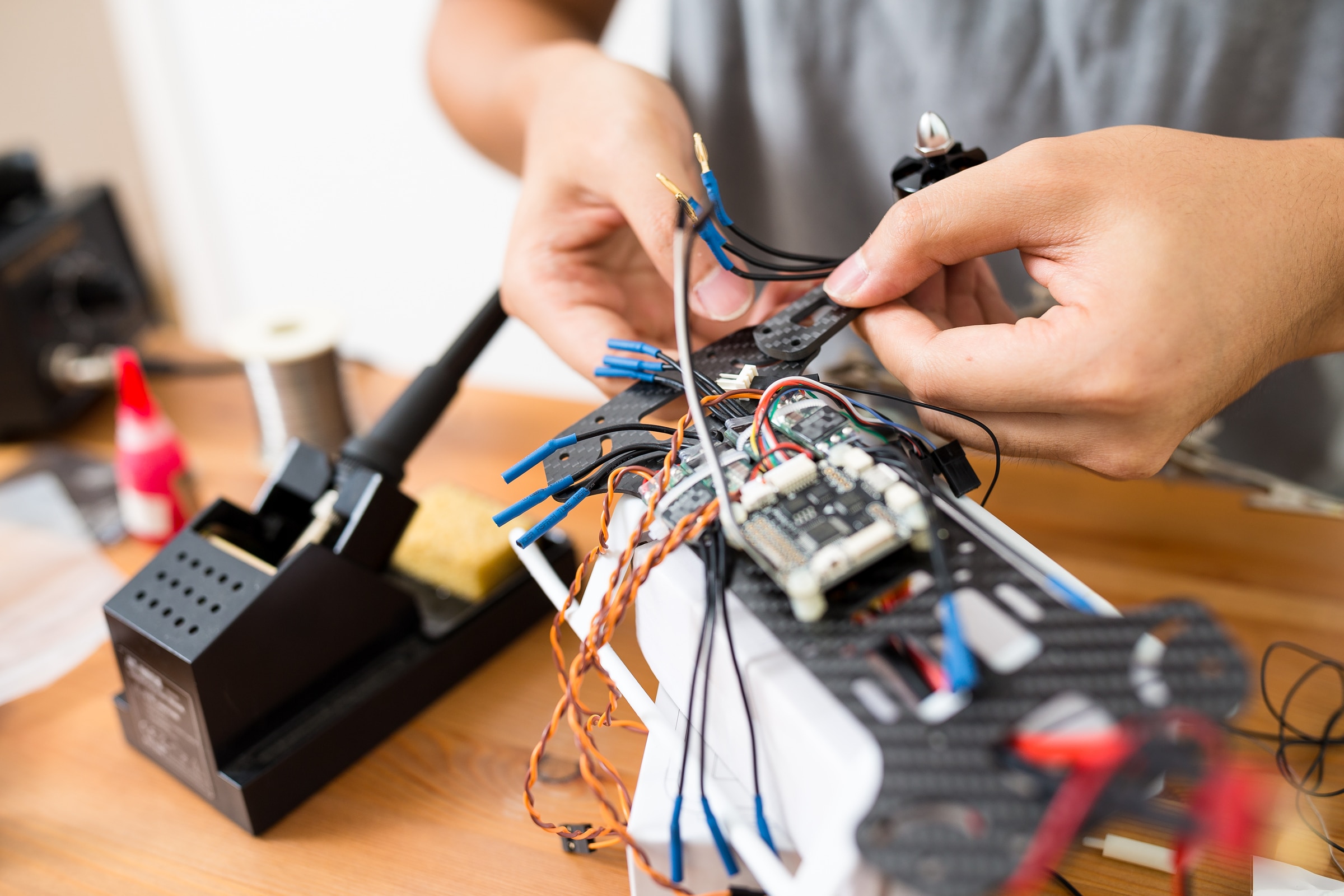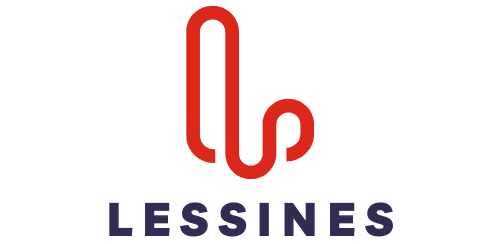What Are the Legal Considerations for UK Companies Using Drones for Commercial Purposes?

The advent of drone technology has brought a wave of innovation and opportunities for businesses in various sectors. Drones offer an array of benefits, from aerial photography to asset inspections, delivery services, and much more. However, as drone usage becomes increasingly mainstream, it also attracts the attention of regulatory bodies. In the UK, the Civil Aviation Authority (CAA) is the governing body responsible for overseeing and regulating all civil aviation activities, including drone flights. This article will delve into the legal considerations for UK companies using drones for commercial purposes, focusing on the regulations set by the CAA.
The CAA and the Role It Plays in Drone Operations
The CAA is the statutory corporation that oversees and regulates all aspects of civil aviation in the UK. For businesses intending to use drones, understanding the role of the CAA is crucial to ensure compliance and successful operations.
A lire en complément : How to Create a Digital Nomad-Friendly Workspace in London?
In the UK, a drone, also referred to as an Unmanned Aircraft System (UAS), is defined by the CAA as an aircraft that can fly without the presence of a pilot onboard. The CAA classifies drones into different categories based on their weight and intended use. The classifications include Open, Specific and Certified categories. Each category comes with its own set of rules and requirements that commercial operators must adhere to.
Open Category: The Basics and Beyond
The Open category is the most basic and covers drone operations that present a low-risk. This category typically includes drones that weigh less than 25kg. It’s key to note the Open category is subdivided into three more subcategories: A1, A2, and A3, each with specific rules and regulations, primarily focusing on the distance the drone should maintain from people.
A voir aussi : How Can UK Boutique Fitness Studios Maximize Customer Retention?
For commercial purposes, you might be interested in the A2 subcategory, which allows you to fly a drone close to people but not directly over them. For this, a competency test, typically a theory test about drone flight safety and regulations, is required. Furthermore, the drone model used should comply with the C1 or C2 class as per the CAA’s classification.
Specific Category: When More Freedom Is Required
The Specific category is designed for businesses that need to operate drones in scenarios that fall outside the scope of the Open category. For instance, drone operations that involve flying over crowds or conducting night flights would fall under this category.
To operate in the Specific category, an operator needs to obtain an Operational Authorisation from the CAA. The process involves conducting a risk assessment of the proposed operations and detailing it in an Operations Manual. It will require the operator to demonstrate they have the necessary skills and procedures in place to mitigate risks associated with their operations.
Certified Category: For High-Risk Operations
The Certified category encompasses high-risk drone operations. This might include flights that take place in high-density urban areas, or operations that involve carrying passengers. Given the high stakes, the Certified category entails a more rigorous regulatory process.
Commercial operators looking to use drones in the Certified category will require a certified drone, a certified remote pilot, and an operator certificate issued by the CAA. The process is akin to obtaining a traditional aircraft operator licence, and businesses will be required to demonstrate high standards of safety.
Acquiring Permission for Commercial Operations (PfCO)
Apart from the category-specific regulations, UK companies planning to use drones for commercial purposes should also be aware of the Permission for Commercial Operations (PfCO). This permission from the CAA is essential for any drone operation that is conducted for work or business purposes.
To acquire PfCO, companies need to provide evidence of pilot competency and an Operations Manual that details how they plan to conduct their drone operations. The CAA evaluates these documents and if satisfied, grants the PfCO. This permission is valid for up to 12 months and needs to be renewed annually.
Adhering to Safety Guidelines
Regardless of the category or the nature of the drone operation, safety should be at the forefront of all drone flights. The CAA provides extensive safety guidelines that all drone operators must adhere to. These rules include keeping the drone within the operator’s line of sight, not flying above 400 feet, staying away from airports and airfields, and respecting people’s privacy.
In conclusion, the regulatory landscape for commercial drone usage in the UK is comprehensive and is designed to ensure the safety and privacy of all parties involved. By understanding and adhering to these regulations, UK companies can harness the power of drone technology responsibly and effectively.
Understanding the Drone Registration Process
Gaining a comprehensive understanding of the drone registration process is a crucial requirement for any UK company that wishes to use drones for commercial purposes. Every drone intended for use within the UK, whether for recreational or commercial use, must first be registered with the Civil Aviation Authority (CAA).
The registration process involves two key parts. The first is the drone operator ID, this is required for individuals or organisations responsible for drones weighing between 250g and 20kg. The operator ID must be displayed on every drone or model aircraft owned by the operator. The second is the flyer ID, which is required for every individual who will physically be flying the drone. A flyer ID is obtained by passing a theory test known as the drone and model aircraft test.
For businesses, it’s necessary to have at least one registered operator. This person will take legal responsibility for ensuring that all drone operations comply with the law. The operator ID costs £9 and must be renewed annually.
The drone registration process is an essential step in ensuring that all drone operations within the UK are traceable, accountable and operate within the required safety and privacy guidelines set out by the CAA.
Complying with Data Protection and Privacy Laws
Operating a drone, particularly for commercial purposes, often involves the capture and use of data. This might include video footage, photographs, or other data captured by on-board sensors. Therefore, UK companies must also consider data protection and privacy laws when planning their drone operations.
According to the UK’s data protection laws, any data captured during drone flights that can identify individuals, either directly or indirectly, is considered personal data. As such, commercial drone operators are required to comply with the UK’s General Data Protection Regulation (UK GDPR) and the Data Protection Act 2018.
To maintain compliance, businesses must ensure that they have a lawful basis for capturing and processing personal data. Additionally, they should have systems in place to respect individual rights, such as the right to be informed, the right to access, and the right to object.
Further, the CAA’s drone code stipulates that drones should not be flown within 50m of people, property, or vehicles, and not within 150m of congested areas or large gatherings of people. This serves to help respect people’s privacy and avoid unwarranted intrusion.
In conclusion, flying a drone for commercial purposes in the United Kingdom involves more than just acquiring a drone and taking to the skies. A detailed understanding of the different drone categories, obtaining the necessary operational authorisation, adhering to safety guidelines, understanding the drone registration process, and ensuring compliance with data protection laws are all crucial steps. Accordingly, it is paramount for businesses to be meticulous, diligent, and proactive in their approach to understanding and adhering to the various drone laws and regulations. By doing so, they can fully harness the opportunities presented by drone technology, while maintaining the highest standards of safety, accountability, and respect for privacy.
